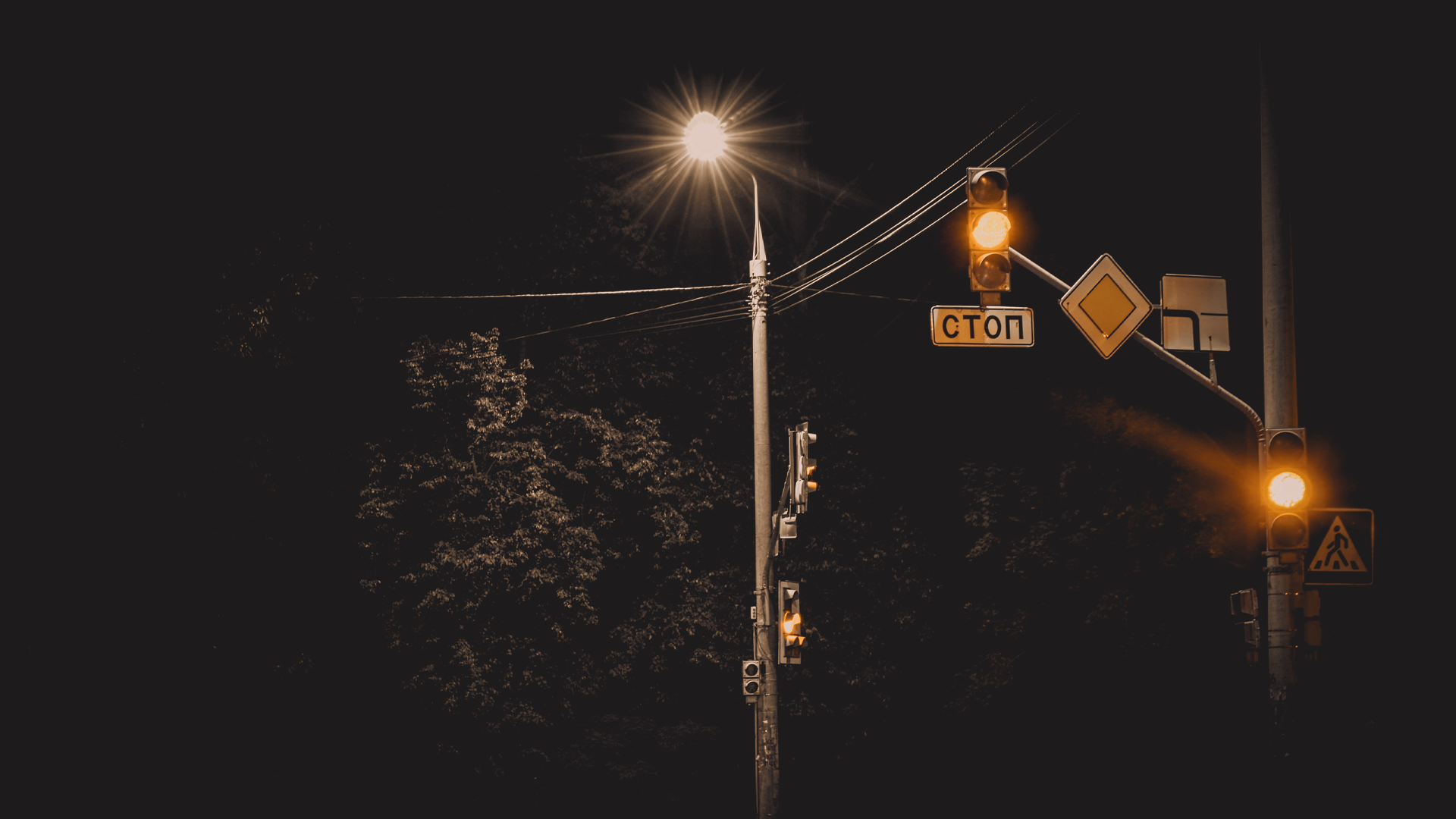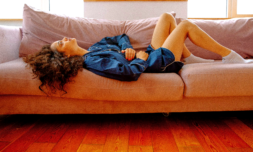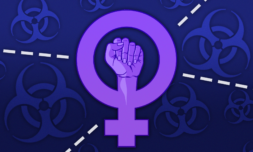After the deaths of Sabina Nessa and Sarah Everard rang alarm bells across the UK, women have found themselves questioning why it’s still all on us to keep safe at night.
The day I first moved to London when I was 17, I remember how excited I felt about finally getting to live independently.
My granddad offered to help and brought a small gift with him on moving day. It wasn’t a map of London or a baby cactus for my tiny window sill — it was a personal white alarm.
‘You’re going to need this on your runs, Livvy,’ I remember him saying, with a slightly wary look in his eyes. ‘In fact, you should probably take it everywhere you go, you never know when it might come in handy.’
Those words have stayed with me since that day in September 2018 and my tiny white alarm is never more than three feet away from me. I must confess, however, that as I grew more accustomed to the ways of London it became less daunting to walk around alone and I started to let my guard down.
I found myself going home alone in the pitch black dark and dating strangers I met on apps without having to think of the worst possible outcomes.
It wasn’t really until one of my Bumble dates turned unpleasant, when I witnessed a woman being mugged before me, and when the faces of Sarah Everard and Sabina Nessa appeared on the headlines that the fear resurfaced.
After the disappearance of Everard in March, a survey carried out by the European Social Survey found that while 32% of women in the UK feel unsafe or very unsafe when walking alone in their local area at night, 13% of men expressed the same worry.
This has significantly dropped since 2003 when the same survey found that 52% of female respondents felt unsafe.
Although the trend is getting better, it’s not enough. Especially when you see that women still feel between 2.5 and 5.7 times more unsafe than men across the whole of Europe.
Mansi Vithlani, a 21-year-old Leicester student based in London, says that while she doesn’t usually carry any protective gear around with her, she’ll often feel the need to cling to her belongings for comfort in the dark.
‘A few of my closest friends have my location so they know where I am, and when I get home I always text my friends so they know I’m safe,’ she says. ‘It is comforting to call one another when we walk home and if people walk by they won’t bother us because we’re deep in conversation.’
Sometimes though, Vithlani has felt the need to cancel events because she has no way of getting home safely.
Vidushi Samarasinghe, a Milanese student based in London, usually holds onto her keys for protection. She too has cancelled events purely because she didn’t have anyone to stay with and feared for the journey home.
While the 21-year-old hasn’t been stalked, harassment on the street by men – whether it is day or night – is pretty much a normal thing to her.
According to children’s charity Plan International, 66% of girls aged 14 to 21 experienced unwanted sexual attention or harassment in a public place in 2018.
I first experienced street harassment when I was 13. What was shocking to me wasn’t my age, but the age of the boys who chased me, who were between nine and 11 years old. I remember running home to my mother in tears, confused and traumatised.




















